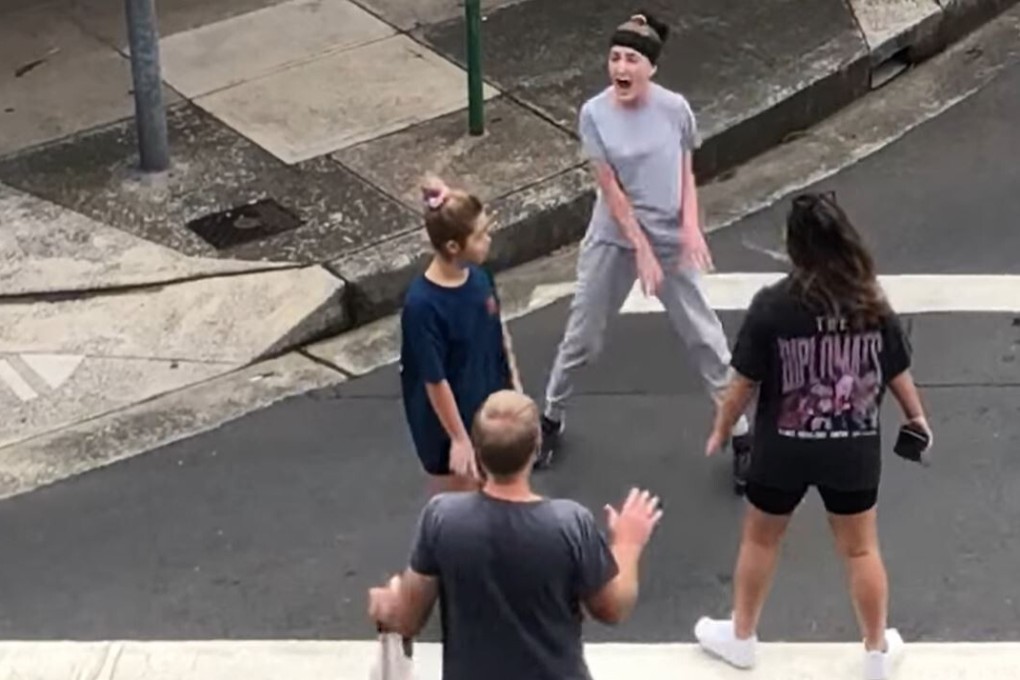Advertisement
Asian Angle | Coronavirus: the mask of white Australia drops in racist media coverage
- Victims of racism say headlines can incite hate, fear and anger
- More needs to be done to stop racism before it happens through education or a more responsible press
Reading Time:4 minutes
Why you can trust SCMP
10

At the end of February, I caught up with two journalists in Sydney. The coronavirus had been circulating around the world for about four weeks at the time and Australia was feeling quite lucky it was “safe”.
The three of us, two white Australians and me, an Asian-Australian, met at a pub for a beer.
On arrival, one of them expressed concerns about the worsening outbreak in China before turning to me and asking, “do you have the coronavirus?”
Advertisement
By that time, I had grown weary of the multitude of reports of Asian-Australians – including many I knew personally – being assaulted, abused and racially attacked in ways more horrific than I can remember over the course of my 30-year experience of racism in Australia.
No one was spared. Asian international students, business contacts, newly arrived migrants and long-term residents living in Australia all copped it.
Advertisement
Phrases like “bat eaters”, “dog eaters” and “you’re a traitor for buying masks” were bandied around.
Advertisement
Select Voice
Choose your listening speed
Get through articles 2x faster
1.25x
250 WPM
Slow
Average
Fast
1.25x
